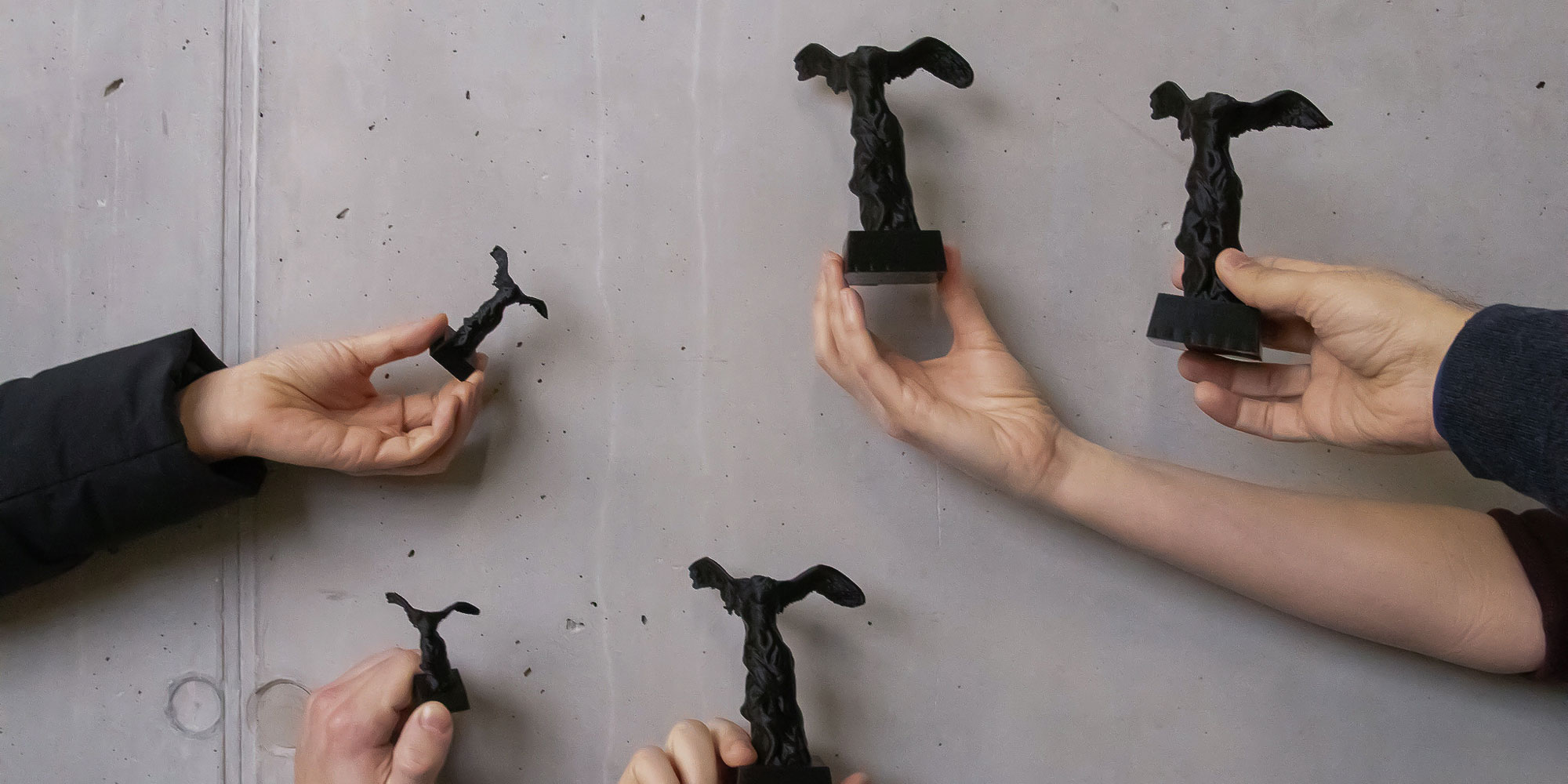Visions for a society of tomorrow are what Ars Electronica Futurelab is all about. Taking a perspective at the boundary between art and technology, the lab poses critical questions about the future of our society and inspires new ideas. It offers artistic reflection on the challenging circumstances of our time and a comprehensible account of scientific findings and theses. Since 2020, the Futurelab Ideas Expedition, an internal competition, has inspired the entire team to come up with unconventional thoughts — a veritable fireworks display of ideas. The best ideas from the Futurelab Ideas Expedition were presented this year again at the Ars Electronica Festival. Horst Hörtner, Senior Director and expedition leader at the Ars Electronica Futurelab, on the relevance of successful concepts, the prerequisites for transformation and innovation and the challenges of leadership within a visionary team.
Ideas and creativity are an essential resource at the Ars Electronica Futurelab as well as the substance of innovation. What led to that idea in 2020, and what’s the goal?
Horst Hörtner: For 25 years, we’ve been implementing innovative projects with creativity and imagination, including many projects we’ve developed for various partners and in cooperation with them. These collaborations, and the demands placed on them, inspire the visionary concepts for which the Ars Electronica Futurelab is internationally renowned. However, a predominantly demand-driven approach always entails certain restrictions on the unfolding of dynamics and diversity. Focusing exclusively on numbers and KPIs sooner or later puts a real damper on the innovative drive of any company. It’s much more important to engage in open discussions to identify the topics that make a decisive impact within the team. That’s the only way to notice even the little sparks and allow them to become players in this big fireworks display of ideas. That’s the motivation behind the Futurelab Ideas Expedition. We want to raise new questions and open up new perspectives again and again to create the concept and the necessary mindset as a basis for continuous development. With each of our projects we seek the necessary transformation, the further development of our thinking and action.
“Innovation lies beyond talent and challenge.”
While economic philosophers like Joseph Alois Schumpeter define it as an approach to a new or even a familiar topic that always entails business advantages, we define the term “innovation” differently. Innovation can be a new answer to an existing question. Sometimes, however, it’s just an interesting question within a developing discussion that invites us to reflect. In any case, the business return doesn’t play a prominent role in this definition of the term. We are primarily concerned with the benefit to society — a contribution such as pointing out areas of significance or how we might progress in our way of thinking about them (even just on a speculative level). We see our projects as an invitation to discourse about this wider significance for us as individuals and as a society.
Systematically collecting, promoting and implementing diverse thoughts and ideas directly from our team, following up with each person and their individual understanding of the world, is an essential part of our work, so it’s also the declared goal of this joint expedition. We want to motivate the many talents in our interdisciplinary team to take new directions or discuss existing topics from a new perspective. Ultimately, it’s always a combination of all these people and ideas that keeps the lab interesting and inspiring for the staff as well. The whole has always been more than the sum of its parts. The fact that what motivates us as a team is not prize money, but the appreciation of creativity and the joy of implementing our own ideas, is very important to us.
We see the successful performance of the lab over the past 25 years above all as a first-class achievement by our employees. As a thank you, we’re releasing production budgets for implementing their ideas and prototypes with the Futurelab Ideas Expedition. The inclusive nature of the program is important to us: The openness of the call to all conceivable contributions at the intersection of art, technology, and society makes it possible for entirely new members of the Lab to successfully participate in the competition.
An initiative like the Futurelab Ideas Expedition requires a very open-minded and trusting corporate culture. How would you describe the Ars Electronica Futurelab’s strategy for promoting creativity? What role do you play as a manager in stimulating new ideas, providing inspiration and promoting innovation?
Horst Hörtner: Listening. And making sure that you yourself are on fire for your work. We work every day to discover, promote and challenge existing talent. Our team must be allowed to grow beyond itself, and for that to happen it needs freedom. Because only topics that an employee is really passionate about lead to high-quality results. I see my task in a leadership position as creating that freedom as best I can or – where it already exists – offering it again and again. The best way to do this is to be on fire for what you are doing, because fire is contagious. Our motivation often arises in mutual exchange, in what we call “Creative Collisions.” These collisions are about the sparks that fly and that always help us to see things differently. But they’re not about the “lowest common denominator” or about compromises. It can sometimes get pretty intense. That’s also where the quality of our projects comes from: they result from many collaborations with business and industry as well as educational, scientific and cultural institutions, but also from our own initiative.
We’ve now had the second Futurelab Ideas Expedition in 2021 and it’s always an experiment. There must have been a broad spectrum of ideas within the Ars Electronica Futurelab team. Was there a common thread running through the submissions? Could certain thematic directions be discerned?
Horst Hörtner: Fortunately not. The hoped-for fireworks actually happened, and the sparks went in all directions. The result reflected all the many individual perspectives and viewpoints of the employees. Some topics were already familiar, but we still came up with new perspectives. There were also some very surprising concepts and ideas. The purpose of the initiative was also to take a look behind the scenes, beyond the expectations of individual employees, and to be surprised. The only thread that really ran through every project was examining the future as a contribution to our 25th anniversary of the Ars Electronica Futurelab, and positioning the ideas at the nexus of art, technology and society.
What was also really gratifying was the ambitious participation in the competition. Every single submission showed us that we’re on the right track. Deciding on the three winning projects that will be realized and presented for our Alchemists of the Future exhibition at the 2021 Ars Electronica Festival was not easy for the jury. The jury consists of the three directors of the Ars Electronica Futurelab: Roland Haring, Hideaki Ogawa and myself. It’s really hard to make a selection.
What were the most outstanding ideas in 2021 that are now on display at the festival and the “Alchemists of the Future – The Journey” exhibition?
Horst Hörtner: The projects we gave awards to this year were “Memo Futurum” by Susanne Kiesenhofer, “Sounding Letters” by Ali Nikrang and “OutReach” by Manuel Dobusch and Simon Schmid. But we would also like to mention the ideas “Mangellan Robot,” also by Manuel and Simon, and “Bio Material Art Lab” by Yoko Shimizu.
In Memo Futurum, Susanne Kiesenhofer puts our personal and collective visions of the future under the microscope by asking how we imagine ourselves and our lives in 25 years. She wants to find out what image we have of our future. After all, our ideas of the future aren’t about facts, but about how we interpret the world around us. Our expectations influence our perceptions, our values and our behavior and are thus a formative part of our identity. Memo Futurum gives us access to the future visions of our society and allows us to better understand the issues of the present. On the Memo Futurum website, everyone is invited to leave a short voice memo or to reflect on the “memos” of others until the end of this year. This creates a shared platform for a collective vision. The collected data will not be stored digitally, but on vinyl records for 25 years, in order to make them accessible again and to compare them with new visions. Memo Futurum is thus intended to become a ritual that repeats every 25 years. It’s a call to examine our own visions of the future and engage with the visions of others.
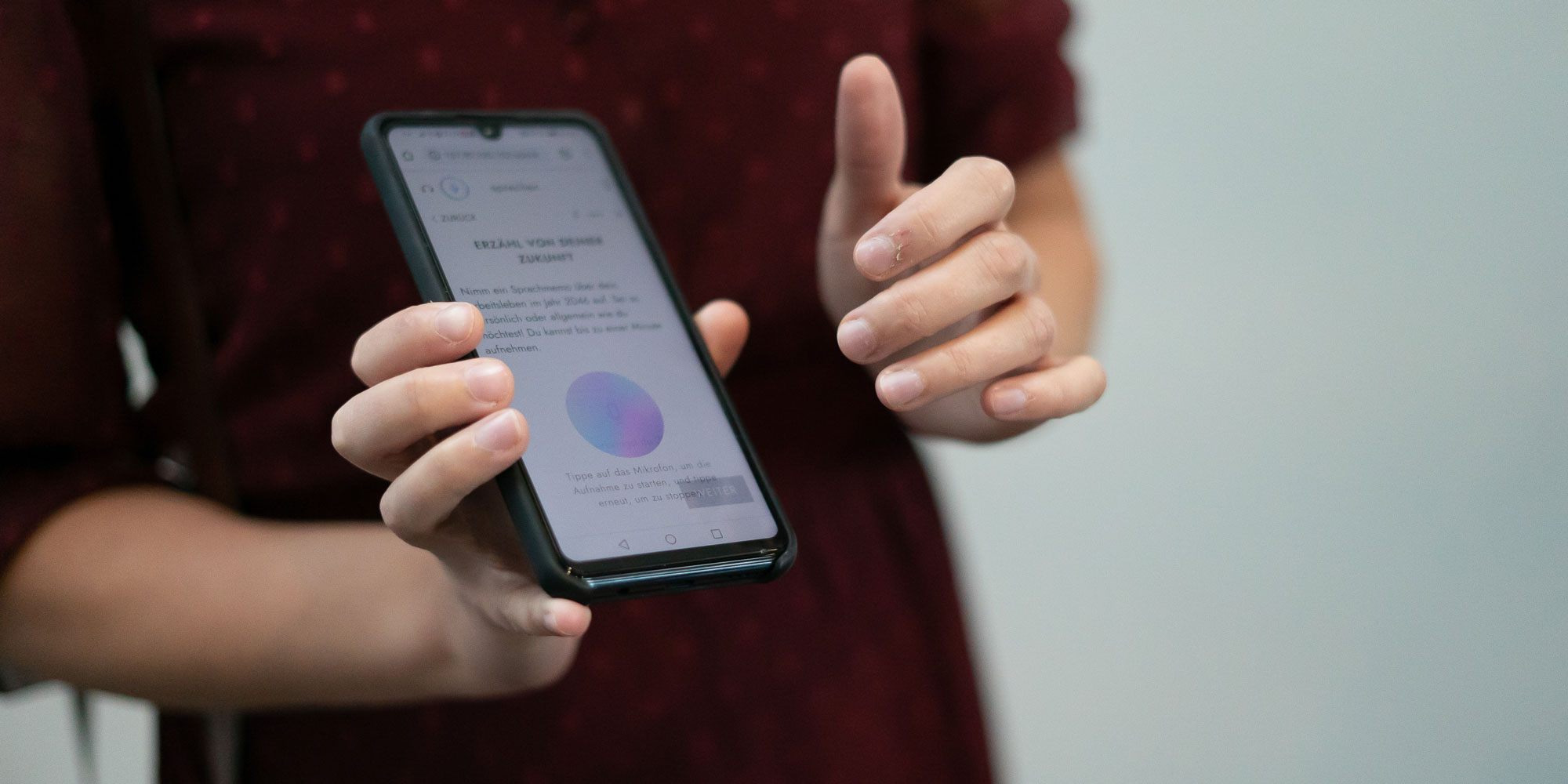
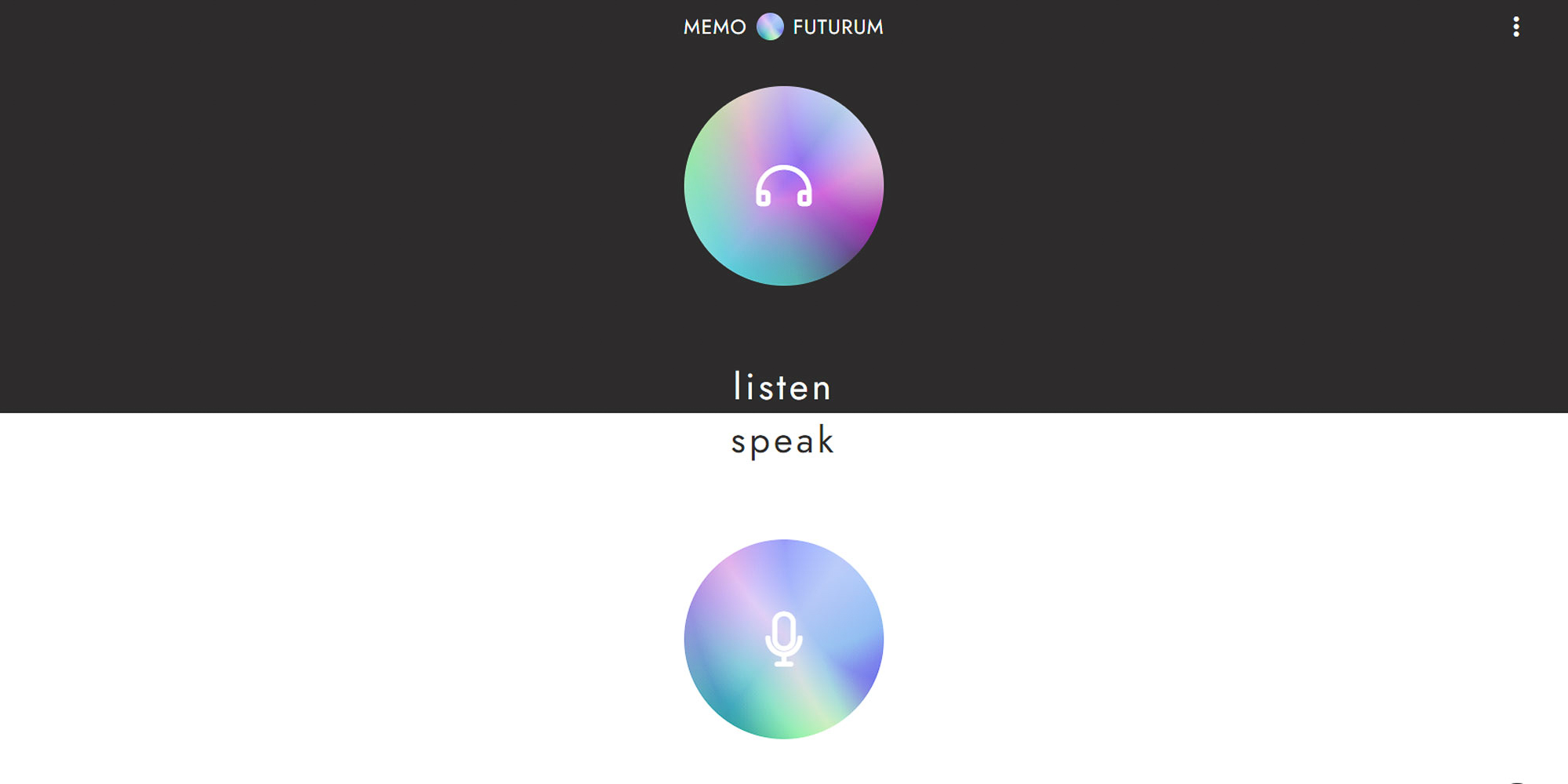
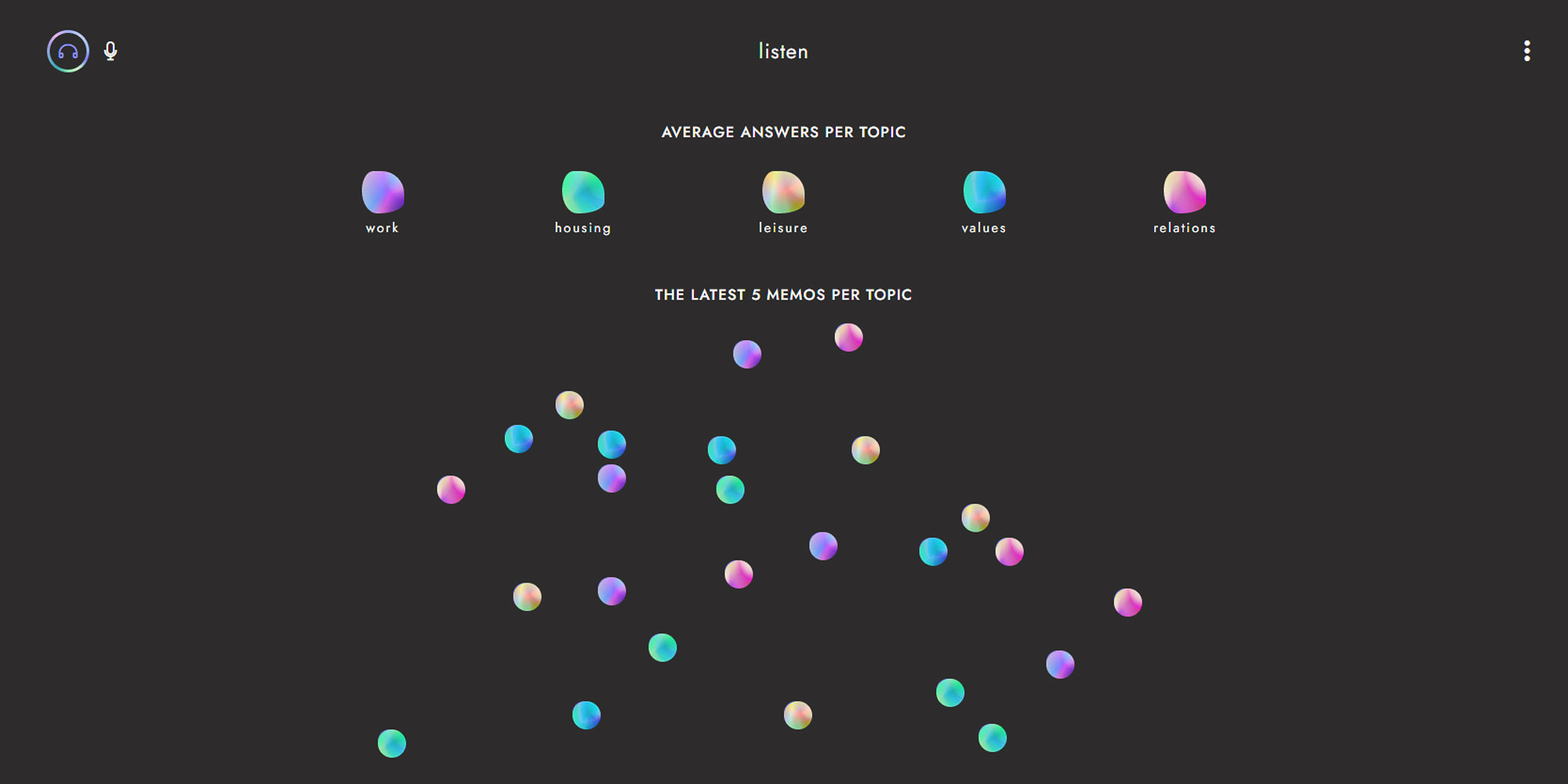
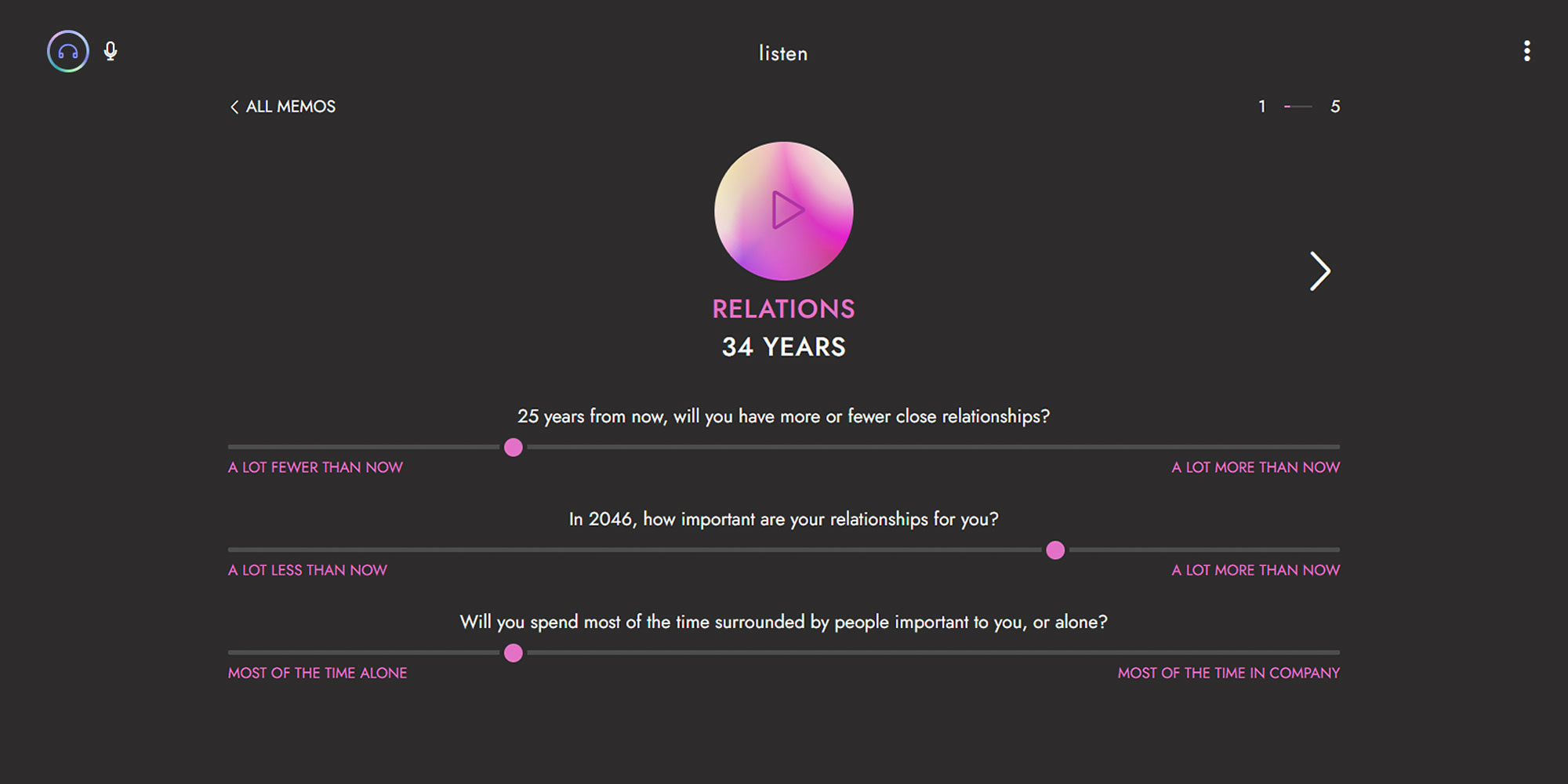
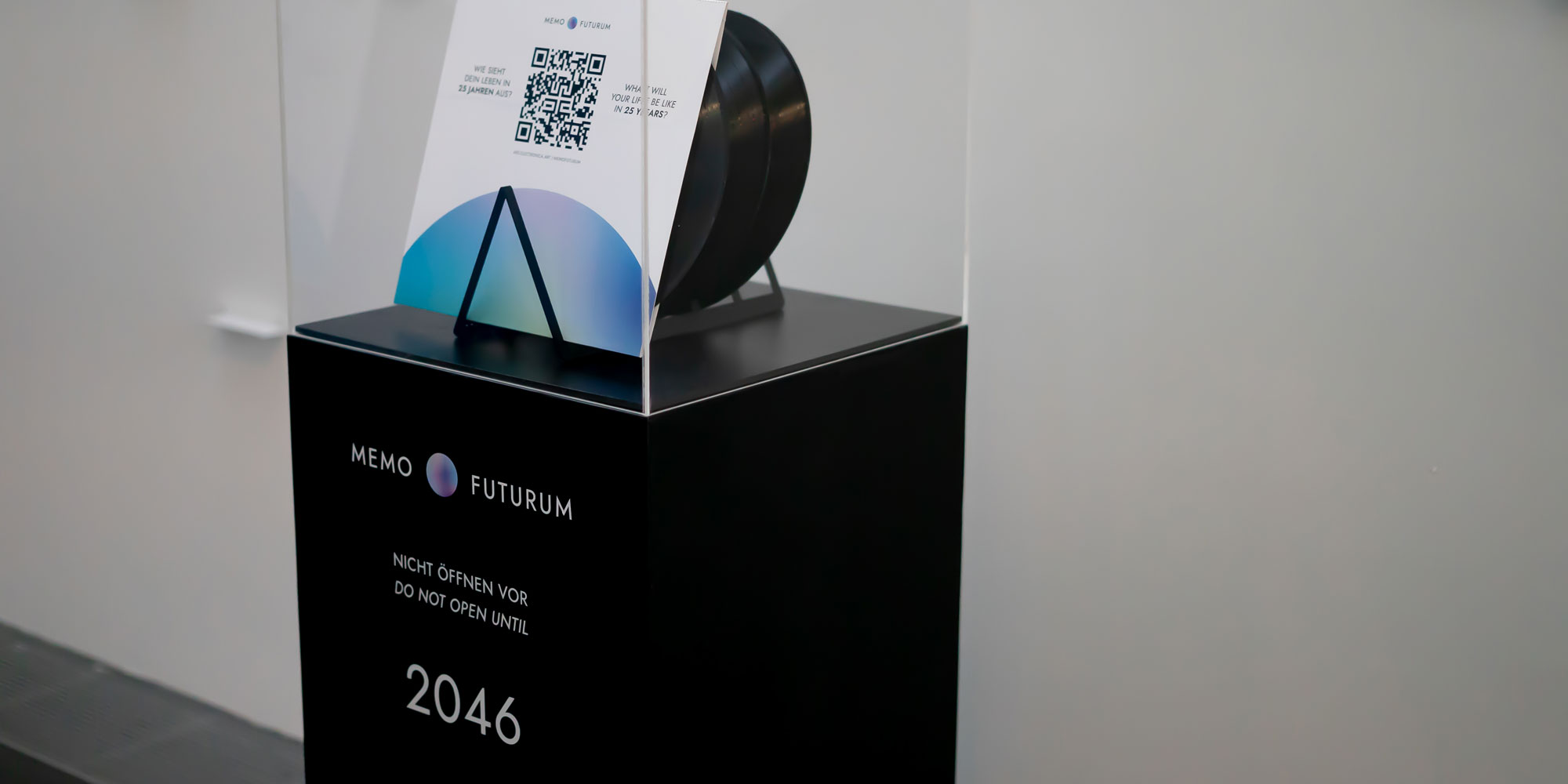
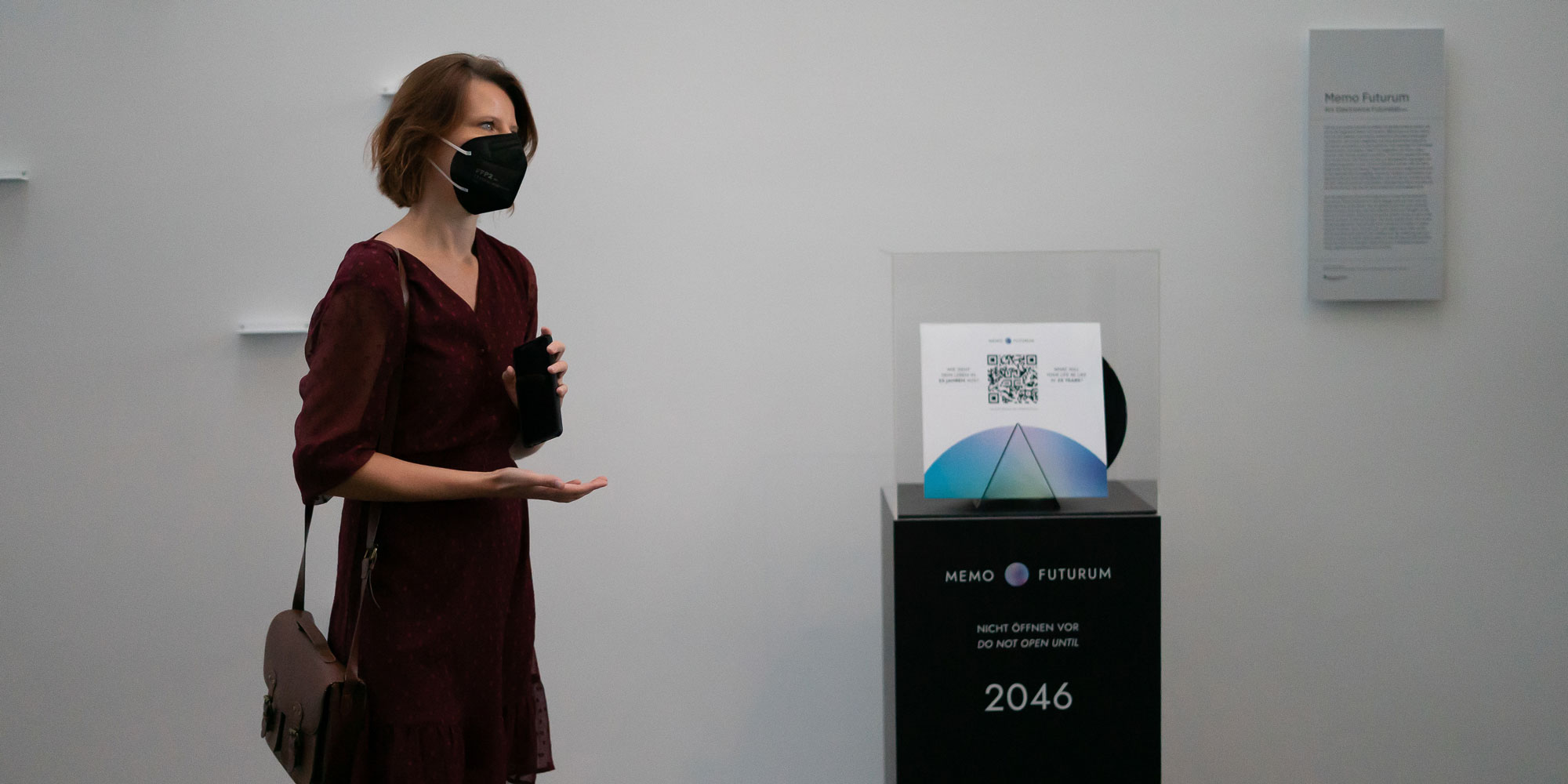
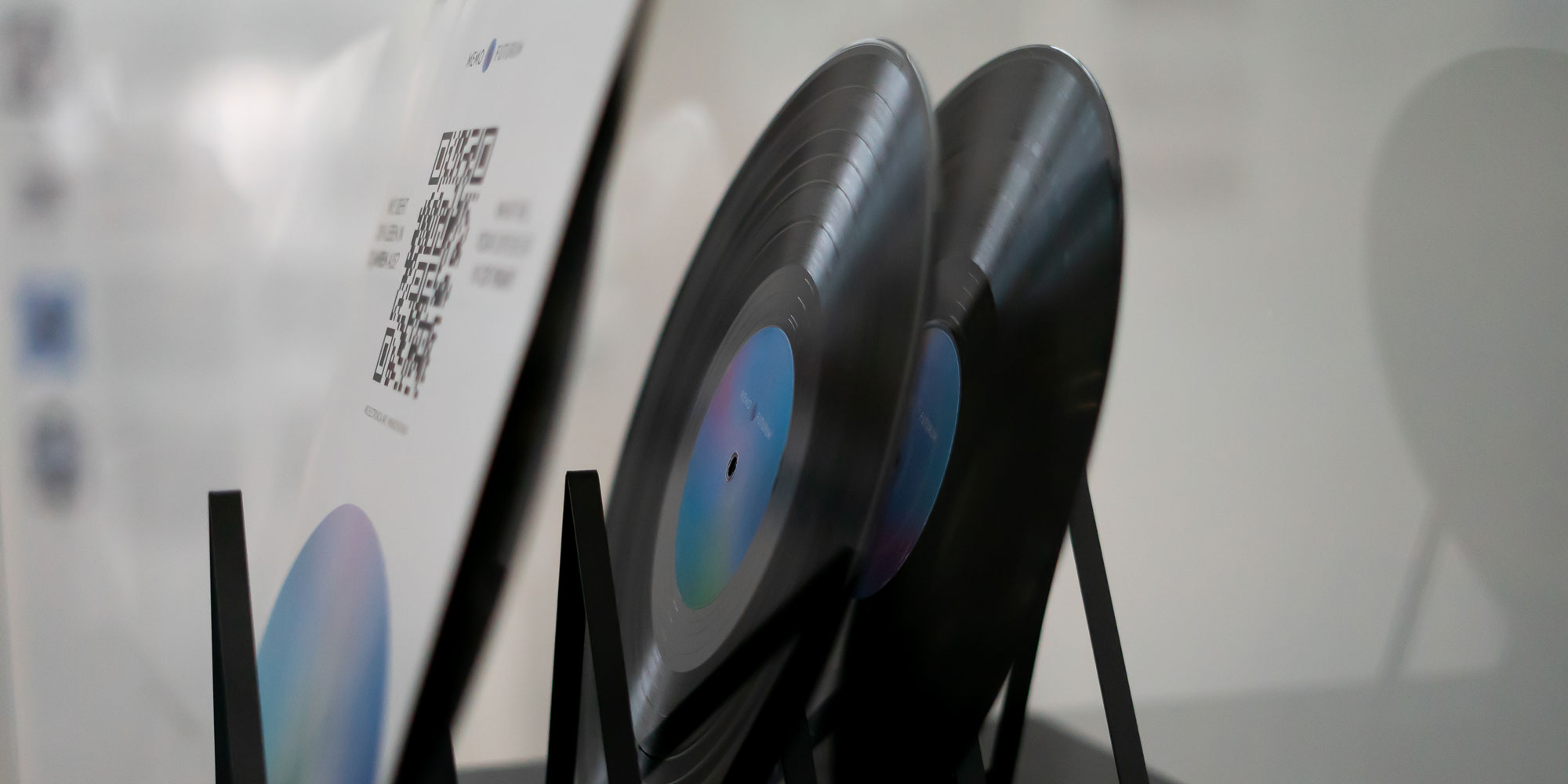
We were also completely won over by Ali Nikrang’s idea Sounding Letters. Using his AI music composition companionRicercar — one of the winning projects from the first Futurelab Ideas Expedition 2020 — he entered the initials A.E.F. and A.E.C. (for Ars Electronica Futurelab and Ars Electronica Center) as the note specifications and framework for the composition he wants to create with Ricercar. After all, both the Ars Electronica Futurelab and the Ars Electronica Center are celebrating their 25th anniversaries this year. The compositions generated jointly with Ricercar are based on the idea of interpreting letters of the alphabet as musical notes. One of the resulting pieces was selected to be performed by Ali Nikrang himself on Futurelab Day, September 9, as part of the 2021 Ars Electronica Festival. The visualizations in DeepSpace were created by Florian Berger.
“Curiosity is my motivation. Technology, and especially AI can give us new perspectives on deeply human issues like creativity, music, and ultimately ourselves that wouldn’t have been possible just a few years ago.”
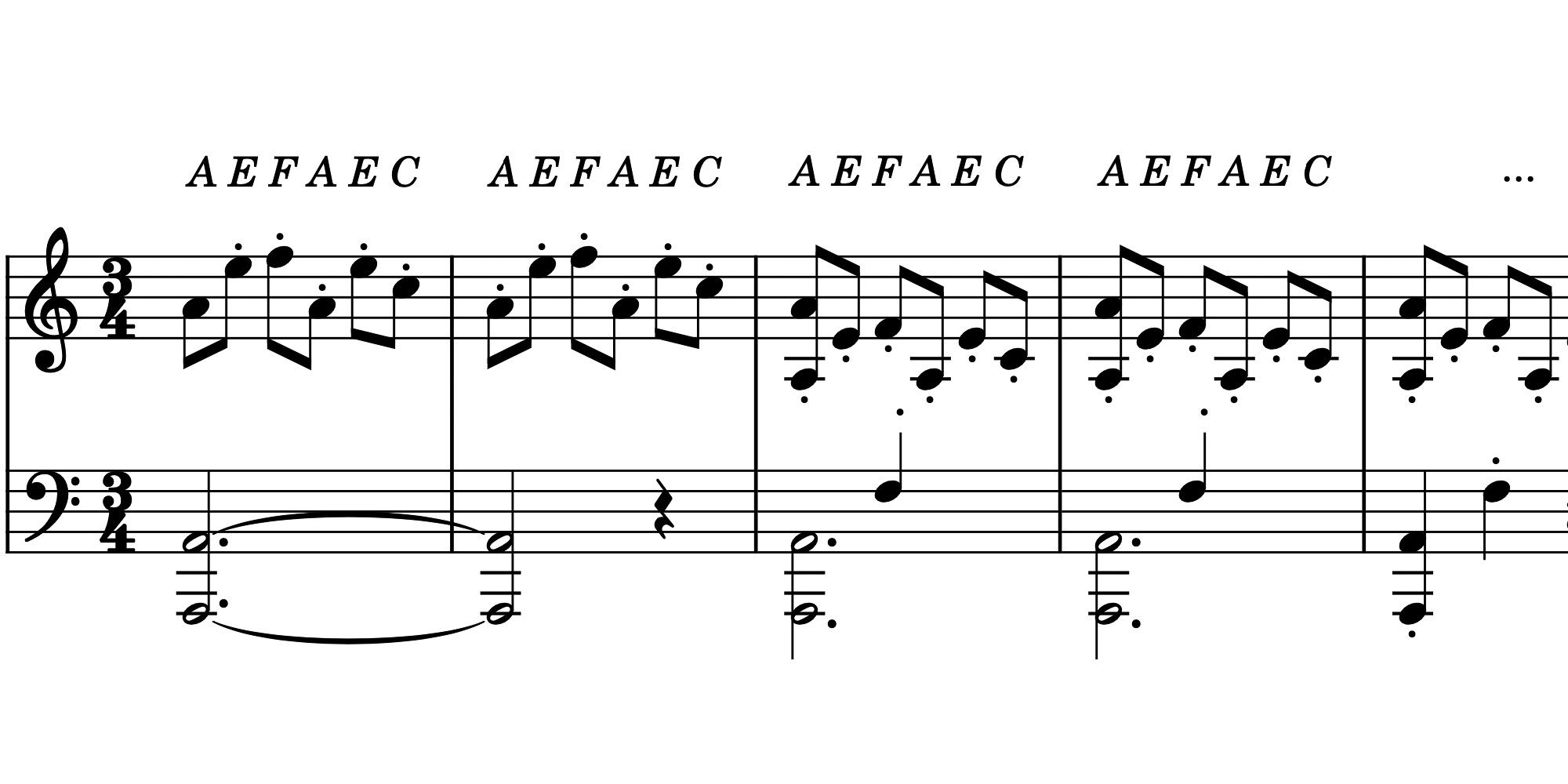
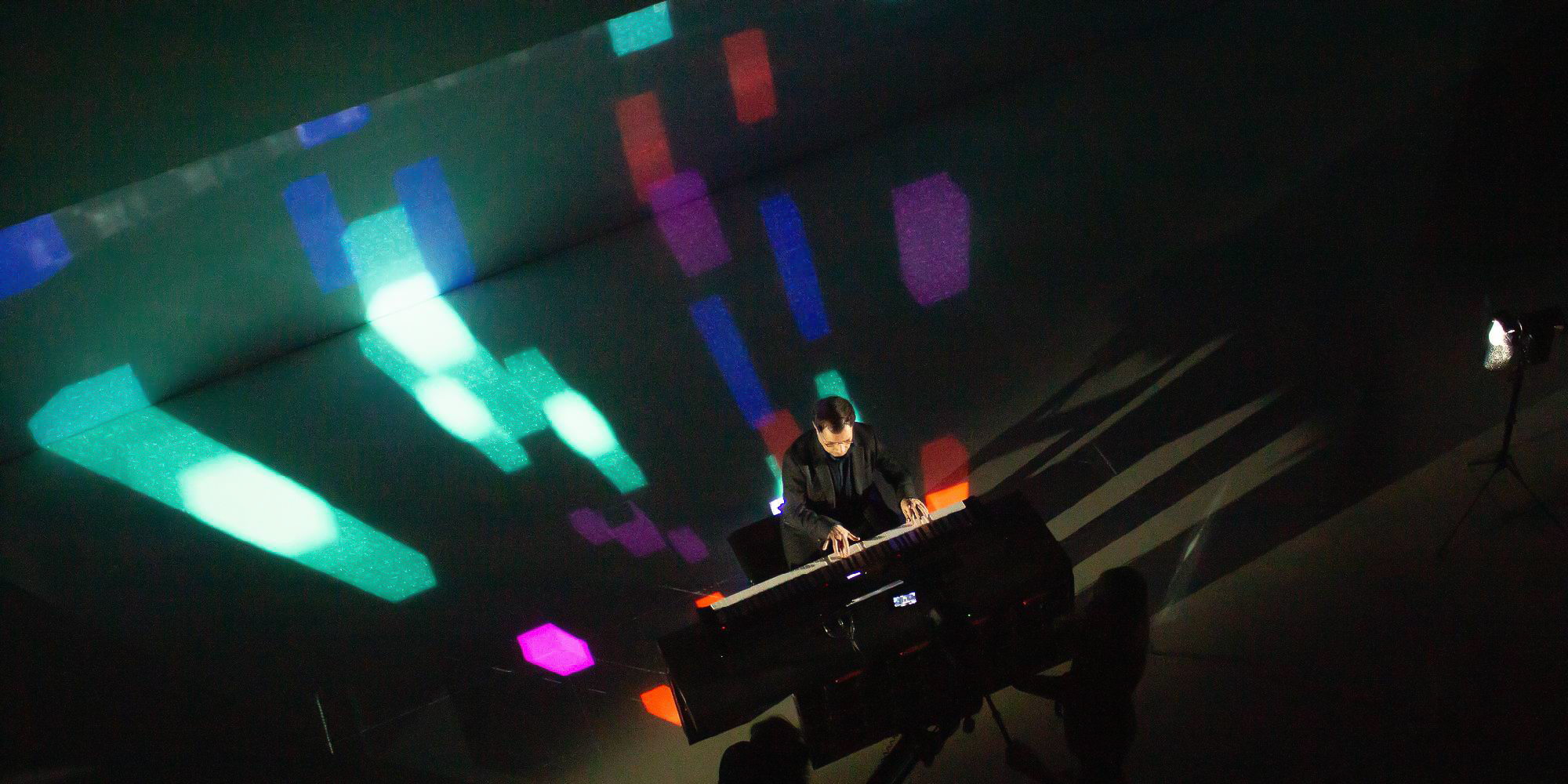
Another great idea that will be on display at the installation Hybrid Space (part of our Alchemists of the Future exhibition) comes from Manuel Dobusch and Simon Schmid: in OutReach they expand the action space of a telepresence robot (Double Robot) that can be operated by online visitors. Telepresence robots are already commercially available and can be controlled by users as an “avatar” through remote spaces via the Internet, but they lack possibilities for physical interaction. By adding remotely controlled actuators to the existing infrastructure in the remote space (such as light switches, elevator buttons, or other controls), the robot not only gives users a form of “physical presence,” but also offers the possibility of direct interaction with the remote environment.
“The many impressions that arise from the presentations, conversations and the different perspectives allow ideas to literally emerge on their own. The Futurelab Ideas Expedition inspires us to translate our thoughts into words.”
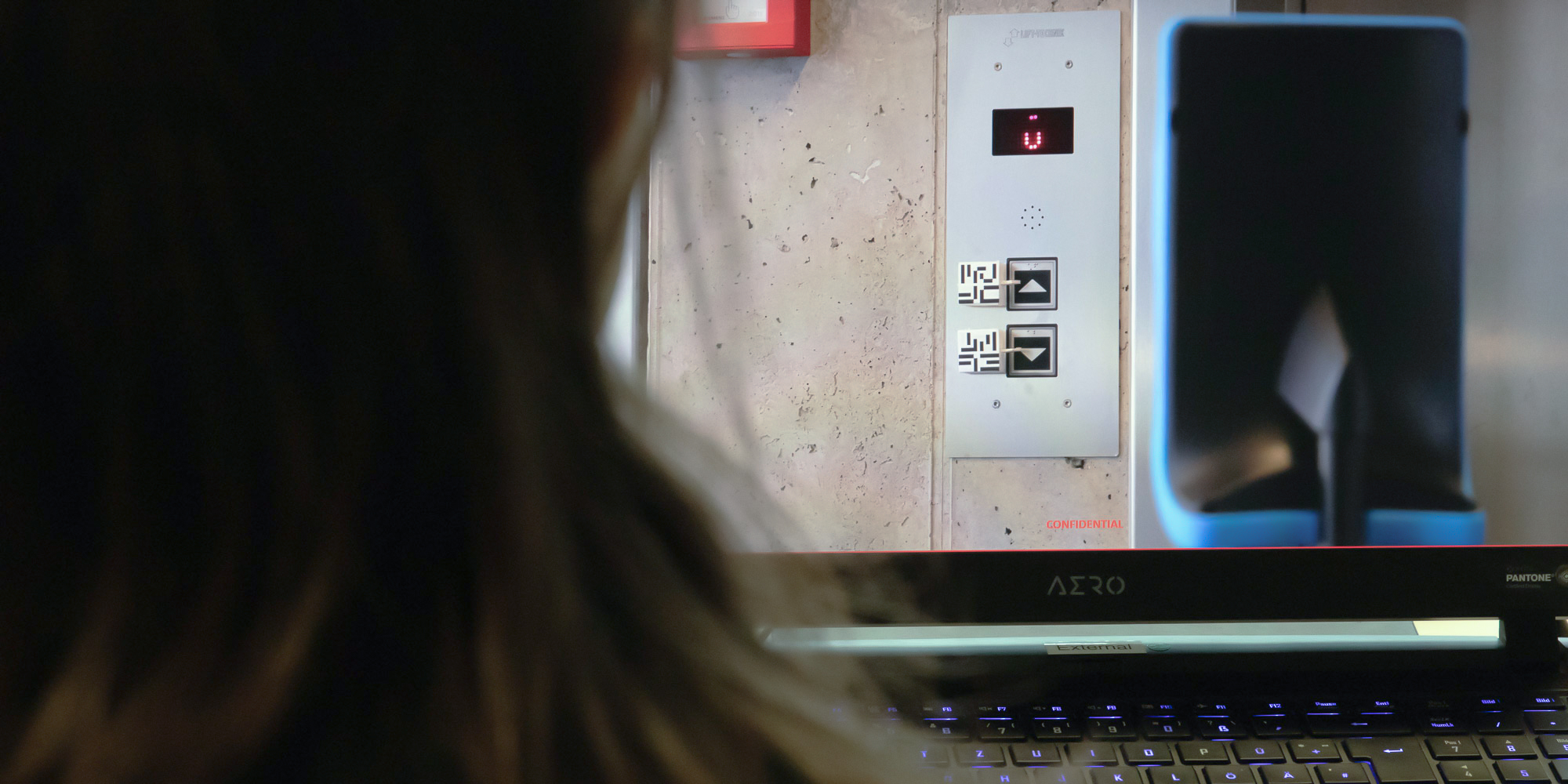
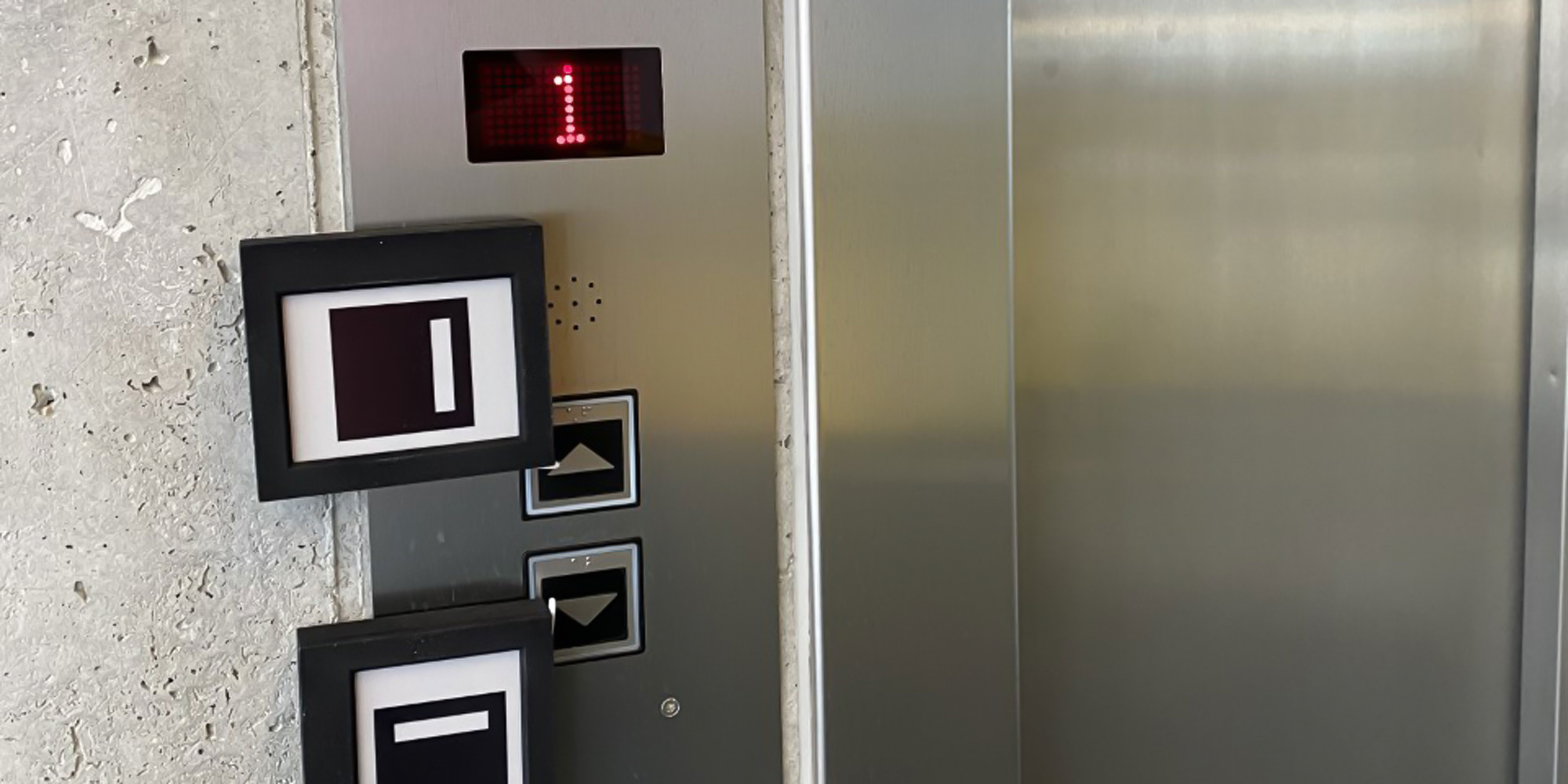
The dedication and motivation with which the artists and researchers here at the Lab work on their ideas and concepts is contagious. So we’ll continue to do everything in our power to repeat the Futurelab Ideas Expedition every year. The Futurelab Ideas Expedition could become an important compass for navigating the Lab’s future!
Experience the award-winning projects of the 2021 Futurelab Ideas Expedition on the occasion of the 25th anniversary of the Ars Electronica Futurelab as part of the “Alchemists of the Future – The Journey” exhibition and the “Night Performances”. You can also be inspired by the Honorary Mentions 2021 and the award-winning projects of the first Futurelab Ideas Expedition 2020 to shape your own future and develop your personal concept for global change.
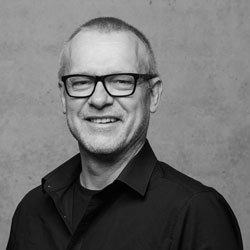
Horst Hörtner is a founding member and Managing Director of the Ars Electronica Futurelab since its inception in 1996. Since 2020 he is also CTO of Ars Electronica. He began working as a media artist in the 1980s and co-founded the media art group x-space in Graz, Austria in 1990. As a media artist, researcher and expert in the design of human-computer interaction, he holds several patents in this field. He works at the interface between art and science and lectures at numerous international conferences and universities. Horst Hörtner has also held a professorship at the University of Newcastle/Australia since 2013.
Translation: Laura Freeburn
